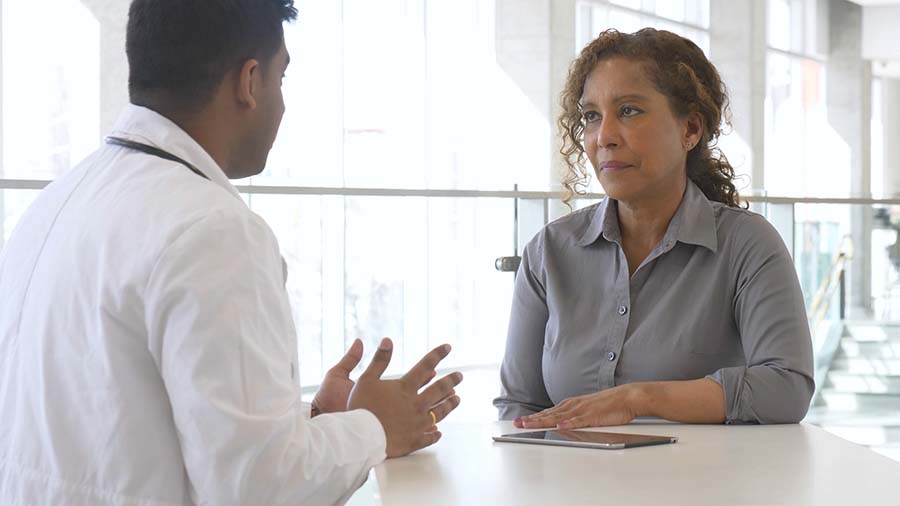When to See a Doctor for Back Pain
So, when should you see a doctor for back pain?
For those who have been following along with our blogs, I have described my process on how to manage non-emergency back pain.

Unfortunately, for about 10% of you, despite your patience, your commitment to regular exercise, and other accommodations you have made, you are still in pain. It has been more than six to eight weeks, and now the frustration is affecting every aspect of your life. You cannot work. You cannot take care of your family. You cannot be intimate with your partner. You are angry, depressed, and desperate.
I know many of you are reading this for guidance. I know many of you are struggling with the costs of seeing a Doctor.

But now, it’s come to the point where improving your physical and mental well-being might outweigh these costs. You need to decide whether a doctor’s evaluation is worth it.
A doctor’s appointment is crucial to determining whether there are any serious issues causing the pain.
For some, your Doctor may discover the underlying source of your back pain, such as a rheumatologic condition, a neurologic condition, a hereditary condition, or in rare instances, a chemical exposure condition.
Occasionally, there is a bit of anger concerning the costs of these studies, particularly if the tests come back negative. But consider this an investment for your long-term health.
In my experience, even if there is nothing serious, simply discussing the normal findings of an X-ray or MRI is reassuring for many patients — relieving them of their anxiety and giving them the needed confidence to exercise more and commit to a healthier lifestyle.
Sometimes, a visit with a trusted Doctor may allow those in their late 40’s and 50’s to accept that this is simply the result of aging.

Different countries have different healthcare systems. But the effects of back pain are universal, and every society struggles with the related costs. However, these expenses include more than just the doctor’s visit itself. The loss of work productivity and affecting your relationships with friends and family are just a couple of examples.
If you have severe back pain that lasts more than six weeks and see little to no improvement, please consider seeing a trusted Doctor. It will be worth having some professional guidance to discuss your concerns. It will be worth the assurance.
Thanks for reading. Until next time.
Citations
- Debono DJ, Hoeksema LJ, Hobbs RD. Caring for patients with chronic pain: pearls and pitfalls. J Am Osteopath Assoc. 2013 Aug;113(8):620-7. PubMed PMID: 23918913
- DePalma MJ, Ketchum JM, Saullo T. What is the source of chronic low back pain and does age play a role? Pain Med. 2011 Feb;12(2):224-33. PubMed PMID: 21266006
- Chenot JF, Greitemann B, Kladny B, Petzke F, Pfingsten M, Schorr SG. Non-Specific Low Back Pain. Dtsch Arztebl Int. 2017 Dec 25;114(51-52):883-890. PubMed PMID: 29321099
Last modified: September 19, 2020









